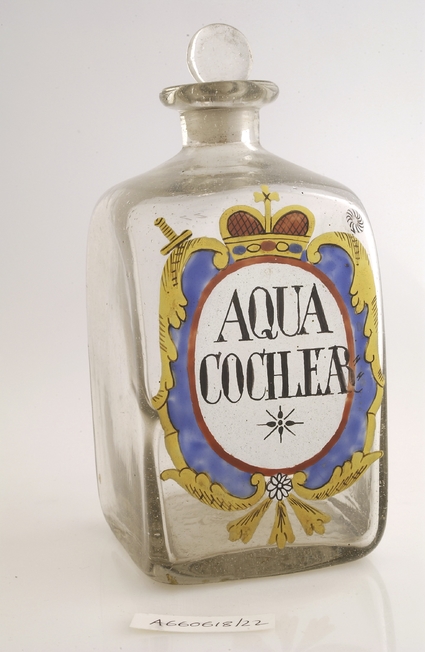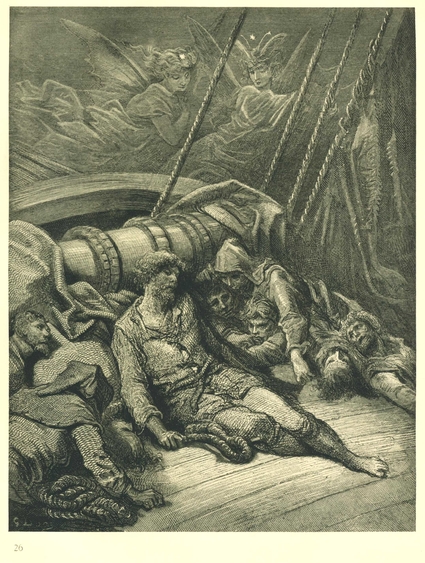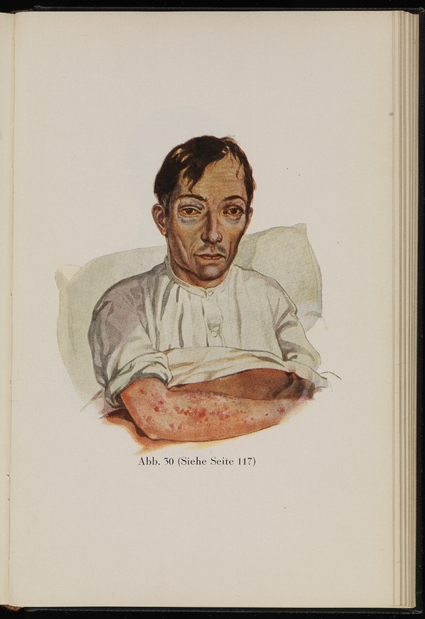One of the main purposes of the Oosterdok was the building of ships. For a short while in history, before the English took that questionable title, the Dutch were the largest colonial power in the world because they were able to built ships faster and more efficient than any of their rivals. Paintings and engravings show us this industry and give us an idea of what the hustle and bustle on the docks must have been like.
But what about life on the ships themselves? A single voyage could take months, even years, to complete. Life on board was not known to have been easy. Disease was rampant, and so was the constant fear of mutiny, storms, and the unknown. On top of this miserable existence was the stench of the ship: strong and ever-present.
It has been recorded in every disgusting detail:
"The complex odor so characteristic in ships is a product of emanations from the hold, the aroma of tar, the general fetidity engendered by so many men collected together in a small space."
(Forget, as quoted in Corbin p. 48)
"Seawater seeped through the seams in the bulwarks; fresh water stagnated in puddles after rainfall or ill-considered washing, soaked the rigging, eroded the timbers, oxydized the cannonballs, and combined with the ballast to form a blackish and murderous ooze. Or else the vile-smelling liquids built up in the bilge, which synthesized every stench. The fetid odor of this mixture of fresh water and seawater was exacerbated when the pump was working; it was as noxious as the smell of deserted salt marshes."
But perhaps the most notorious danger aboard a ship were the diseases. As their causes were still largely mysterious, they were an inescapable peril. Besides the obvious pain and possible death that these brought, the smells associated with them would’ve been unbearable for those lucky enough to stay healthy.
"The dung and sweat of the animals on board, the poultry droppings, the supplies of fish, the decomposing corpses of rats and insects, the rubbish that had slid under chests and piled up in dark corners generated a mélange of foul odors that threatened sailors and passengers."
(Forget, as quoted in Corbin p. 49)
"So oppressive was the odor that passengers practically suffocated when they passed a hatchway. The unhealthy stench of the ship was held to resemble the stench of the infectious quarters of towns."
And in some kind of sick twist of fate, scurvy – also known as the disease of discovery because it was so prevalent on board of the ships – had as one of its symptoms ‘the acute and morbid heightening of the senses’ (Lamb). Sudden sounds or even pleasant tastes are reported to have had the capability of killing a diseased sailor. And so the sense of smell could become unbearable, as the following quote reflects:
"When, badly afflicted with scurvy, Bernardin de St Pierre landed on Mauritius, he was disgusted by the trees, which smelt of excrement, and flowers such as the veloutier were alluring only at a distance for the odour 'quite close is perfectly loathesome'."
(Bernardin de St Pierre, as quoted by Lamb)
It is no wonder that the VOC (Vereenigde Oostindische Compagnie / The Dutch East India Company) regularly had a hard time finding sailors to work for them. Only the truly desperate – either for money, fame or adventure – would board such a wretchedly smelling vessel with odours so foul that no amount of spices would be large enough to cover them.


